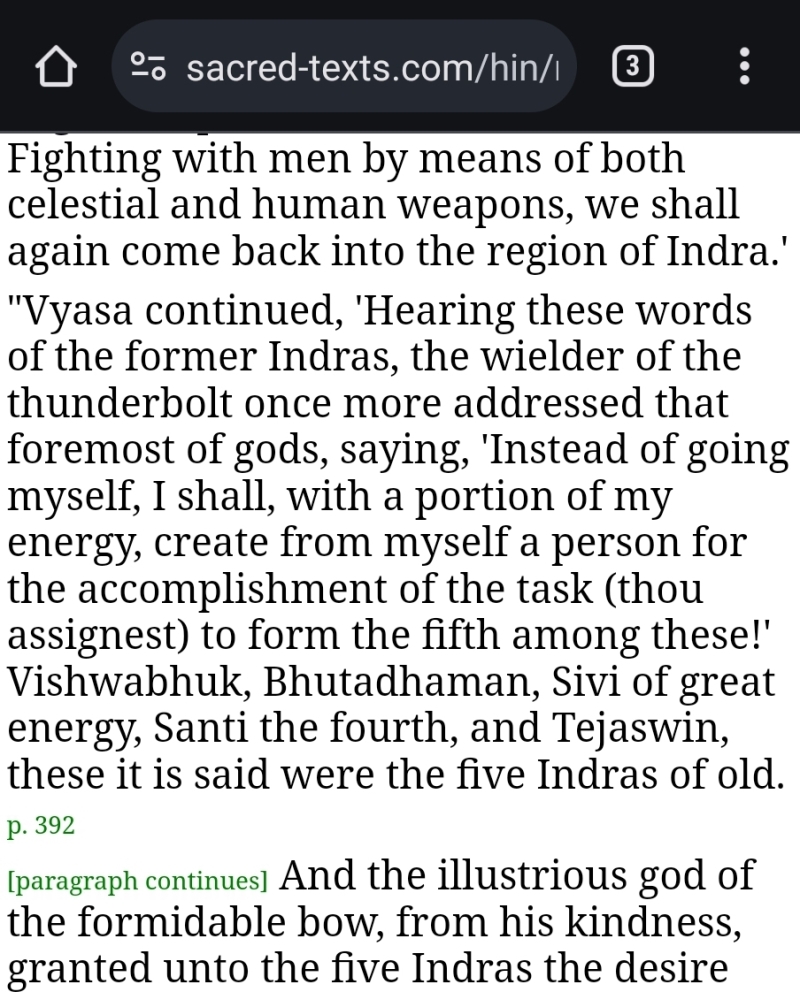Bhīṣma did not feel deprived. In the same breath with which he took his vow, he declared, aputrasy'āpi me lokā bhaviṣyanty akṣayā divi - even sonless, I'll have everlasting places in heaven.
Karṇa felt deprived. He reproached Kuntī for depriving him of kṣatriya status: kiṃ nu pāpīyaḥ śatruḥ kuryān mam'āhitam - what uglier harm could an enemy do to me?
Satyavatī, the stepmother for whom Bhīṣma sacrificed his own interest, treated him with utmost respect. When she invited Bhīṣma to beget children to inherit the kingdom, ahead of her own son Vyāsa, she clearly regarded him as a suhṛt - well-wisher and not a balavat-sapatna - powerful rival as her father had described him. As soon as Satyavatī no longer had living sons, she thought that Bhīṣma should be anointed King and have wives.
Pṛthā = Kuntī, despite being Karṇa's birth mother, was keval'ātma-hit'aiṣiṇī - entirely self-interest-motivated when she urged him to join her sons. She chose to let Karṇa die rather than tell Yudhiṣṭhira about Karṇa, which would have resulted in the Pāṇḍavas submitting to their eldest brother Karṇa's resolve to share the kingdom with Duryodhana.
Loving2Missing2, your statement that Karṇa promised his mother her five Pāṇḍavas (and the word Pāṇḍava is very important because it excludes Karṇa) is untrue. Karṇa's exact words to Pṛthā (Udyogaparvan 144.22) are: na te jātu naśiṣyanti putrāḥ pañca yaśasvini nirArjunāḥ saKarṇā vā sĀrjunā vā hate mayi - never will you lose five sons, successful one, either without Arjuna and with Karṇa or with Arjuna if I am slain.
Those who are posting their opinion that a kānīna child (born to an unmarried woman and not begotten by her subsequent husband) had no right to inherit should refer to Ādiparvan 111.27-32, where Pāṇḍu tells Pṛthā that six types of children are bandhu-dāyāda - relatives and heirs, and kānīna is one of them. As Pṛthā's kānīna son, Karṇa had the right to call himself Pāṇḍava - (son) of Pāṇḍu, according to Pāṇḍu himself.
In the society depicted in Mahābhārata, dharma was a concept of what people should do for their own good. Dharma was fluid and debatable. The intent of dharma concerning family and inheritance was to provide every child with a clan identity and every dead adult with śrāddha. If the Pāṇḍava brothers had wanted to acknowledge Karṇa's right to rule as eldest despite his kānīna birth, they wouldn't have had to convince any court.
Pāṇḍu says that when one doesn't have the former or foremost type of child from the list, one hopes for a less eminent type of child in an emergency, but apatyaṃ dharma-phala-daṃ śreṣṭhaṃ vindanti sādhavaḥ ātma-śukrād api Pṛthe Manuḥ Svāyaṃbhuvo'bravīt - good people look for dharma-fruit-granting progeny that is superior even compared to one's own seed, Pṛthā, as Manu-of-the-Self-Born declared. He urges Pṛthā to find him children from someone equal to him or better. If Pṛthā had told him right then that her spy had located her kānīna son, begotten by the Sun-God, Pāṇḍu would surely have been satisfied. Yet Pṛthā chose to go on depriving Karṇa of his birthright.
In the footnotes (comments) of my fan fiction Sanātana Kapila Vāsudeva, I have elaborated on what the terms for various types of children may have defined. Here, I'll just note that in the list of legitimate relatives and heirs, a kānīna child of a man's wife is ahead of a child begotten by the man himself with a svairiṇī - a self-directed woman.
Karṇa was cheated by other characters too. Kṛṣṇa didn't just keep quiet about Karṇa's birthright; he outright lied to Arjuna (Karṇaparvan 51.50-66), telling him that maybe he's soft on his guru's son Aśvatthāman, his ācārya Kṛpa, his distant relative Kṛtavarman, and his mother's brother Śalya, but he should quickly slay imaṃ pāpa-matiṃ kṣudram atyantaṃ Pāṇḍavān prati Karṇam - this Karṇa who is malevolent and extremely petty towards Pāṇḍu's sons. Kṛṣṇa knew that Karṇa was a closer relative of Arjuna than the other four heroes; he knew that Karṇa was more benevolent than malevolent, having promised to spare four Pāṇḍavas' lives; he knew that Karṇa was not petty but magnanimous, accepting death in battle after dreaming about it. Yet Kṛṣṇa lied about Karṇa to get him killed.
Bhīṣma cheated Karṇa when he rated him ardharatha - half a chariot-warrior, knowing that Karṇa was an atiratha - more than a regular chariot-warrior. By provoking Karṇa to stay out of the war for ten days, Bhīṣma got sole credit for keeping victory out of the Pāṇḍavas' grasp until he chose to hand it to them.












 I have not gone much details but as far as i know bheeshma was responsible for Amba's miseries. Whatever he faced it was because he also did wrong with some one else and we can consider it as his karma bite him back. Pandava's respectd bhishma even though he was not a king and the decision was taken by bheeshma himself and he was adult.so he did not faced humiliation as much as karna has faced.
I have not gone much details but as far as i know bheeshma was responsible for Amba's miseries. Whatever he faced it was because he also did wrong with some one else and we can consider it as his karma bite him back. Pandava's respectd bhishma even though he was not a king and the decision was taken by bheeshma himself and he was adult.so he did not faced humiliation as much as karna has faced. 








comment:
p_commentcount